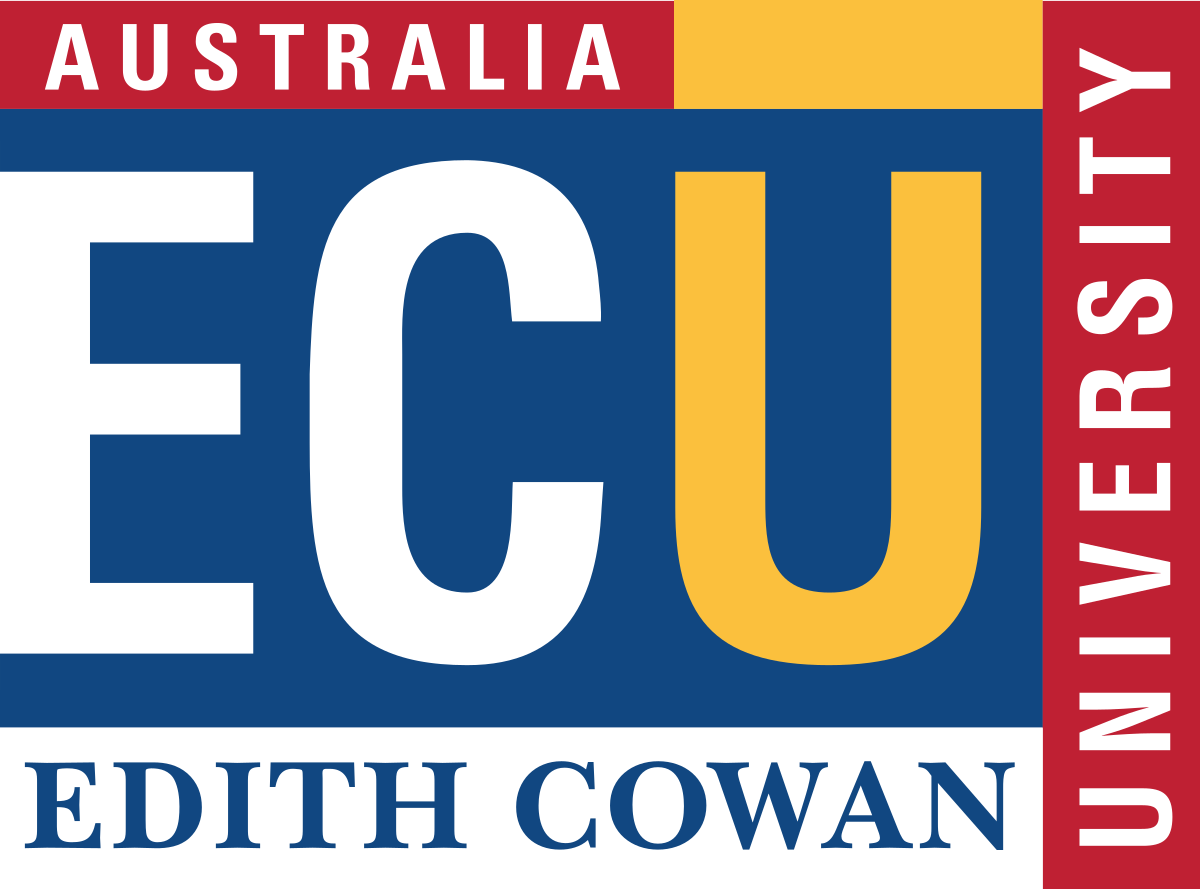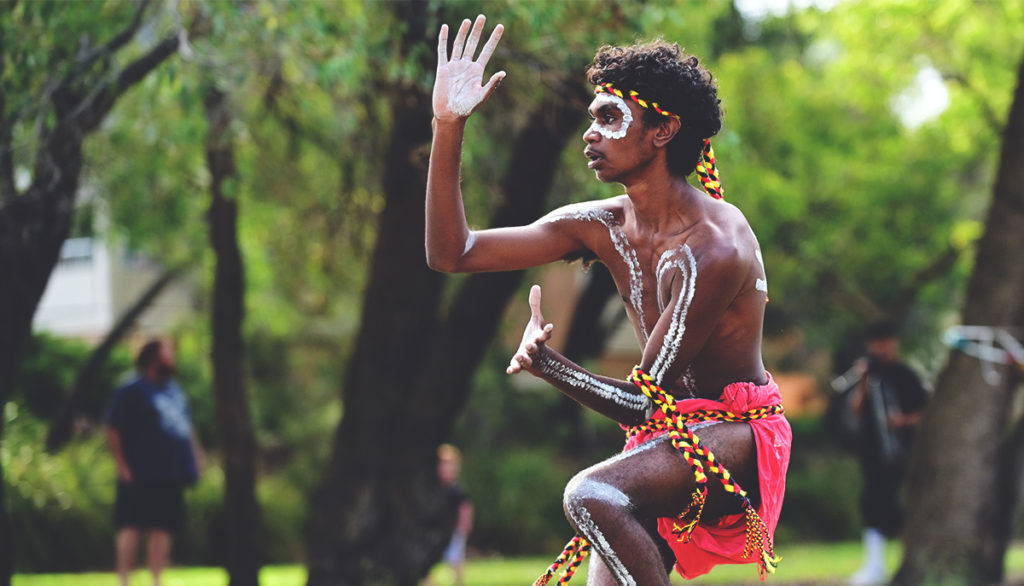A first impression can be incredibly powerful. When commencing a job, it’s important to start on a positive note, and this means impressing your new coworkers.
If you’ve completed your degree and you’re looking for work or have just landed a new job, you might be wondering how to make the best first impression on your colleagues in Australia.
Robyn Ekberg, Manager of Student Transitions and Employability, and Sonja Porter, Careers and Employability Adviser, both run the Careers Service at Edith Cowan University (ECU). With their experience organising smooth transitions for students coming through orientation and going into employment, Robyn and Sonja understand the unique needs of workplaces in Australia. They shared their top eight tips for making the best first impression at work.
1. Understand Australian workplace culture
Australian workplace culture and etiquette may differ from your home country. Australian work structure and protocols involve a relatively egalitarian workplace culture, which means that everyone is treated as an equal regardless of their job title.
For example, in many Australian workplaces, it’s common to address managers using their first name rather than a formal title. Supervisors and managers also tend to be approachable and have open-door policies.
One great thing about Australian working culture is that everybody’s voice is valued.
“Expressing one’s opinion and ideas is encouraged in Australian workplaces, and it’s acceptable to disagree with others’ ideas – always professionally, of course,” say Robyn and Sonja.
Australian workplace etiquette also values direct eye contact. In informal conversations, meetings and interviews, eye contact is generally seen as a sign of confidence, trustworthiness and respect.
Sonja and Robyn also highlight the value placed on independent working styles in Australian workplaces.
“Staff are trusted and expected to be self-reliant and achieve set goals and work out how to achieve these goals,” they explain.
2. Understand your professional identity
An important aspect of the impression you make in a workplace is your professional identity.
“Our professional identity is very different from our personal and private identity,” Robyn and Sonja explain. “It’s how we project ourselves to others at work, including aspects of confidence, articulating capabilities and professional boundaries, and demonstrating a positive mindset.”
Your professional identity also includes your digital footprint – the ‘narrative’ or ‘story’ about yourself you present on digital platforms such as your LinkedIn, Twitter or Facebook profiles. This is important for landing a job, and once you’re already employed, it can help with your networking and promotion opportunities.
3. Develop your skills
Before you even land a job, it’s a great idea to gain industry experience through work-integrated learning, an internship or volunteering. There are also Australian Government resources, such as Employability Skills Training, which can help you learn essential workplace skills to assist you in any job.
According to Robyn and Sonja, networking is another important skill.
“Network, network, network! Networking is crucial to gaining employment and industry experience.”
4. Communicate and contribute
It’s important to communicate clearly using a level of English appropriate to your role and industry.
“Continually develop your English skills to give you a competitive edge,” suggest Sonja and Robyn.
If there is something you don’t understand, ask! And if you feel that someone hasn’t understood you, clarify with them. Make sure to contribute to professional conversations and meetings by offering ideas, opinions and suggestions.
“International students bring with them new ideas and ways of doing things from their home country, which can be useful and beneficial in the Australian workplace,” explain Robyn and Sonja.
It’s also important to contribute to social conversations in the workplace.
“Take part in casual conversations that occur in the tea room or lunch room, where topics range from personal interests to what everyone’s doing on the weekend,” recommend Sonja and Robyn.
Finally, in all professional and social communication, make sure to be respectful and keep an open mind.
“Respect other people’s opinions, seek to understand other people’s points of view and be open to learning about other cultures and ideas,” say Robyn and Sonja.
5. Bring a smile and a can-do attitude
Australians respond well to positive attitudes at work. If someone asks you to do something, smile and be enthusiastic about it! Be friendly with your colleagues and customers, and you’ll find that social interactions go smoothly.
6. Look the part
In most Australian workplaces, it’s important to be well-presented but not overly formal. If there’s a prescribed uniform for your role, make sure you wear it correctly. If you’re unsure exactly how to dress, don’t worry – you can ask your boss before you start or observe how other people are dressed on your first day. It’s usually better to be overdressed than underdressed. Once you’re more familiar with the dress code, you can adjust your wardrobe accordingly.
7. Be informed
As an international student or graduate working in Australia, it’s important to know your rights regarding employment, visa working conditions and restrictions, paying tax, rights at work and workplace discrimination in Australia.
8. Know the lingo
Finally, Australian workplace culture can be quite laid-back, so you may encounter Australian slang on the job. Familiarise yourself with some common slang to make sure you can join in on conversations and jokes.






